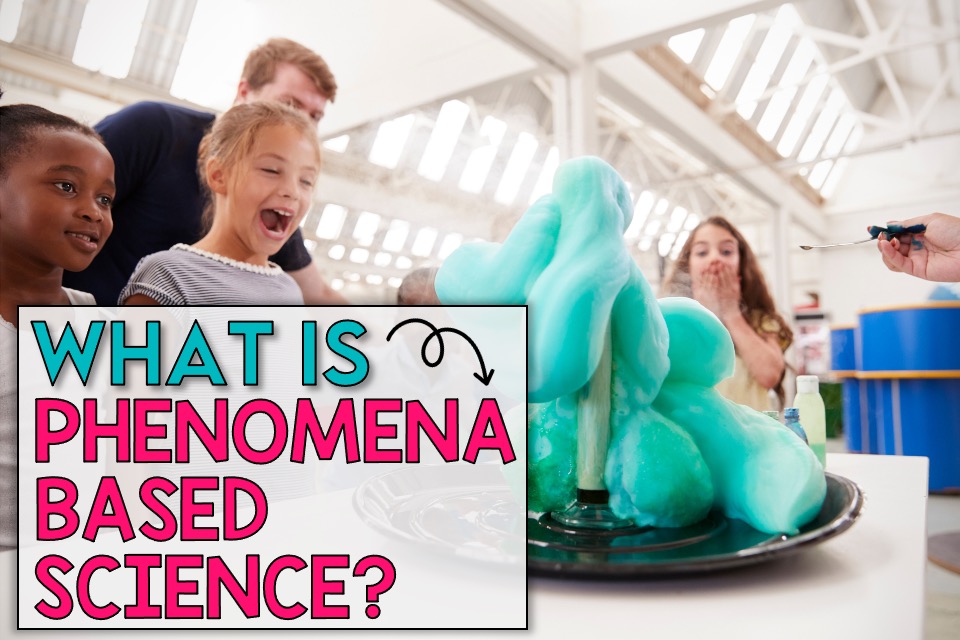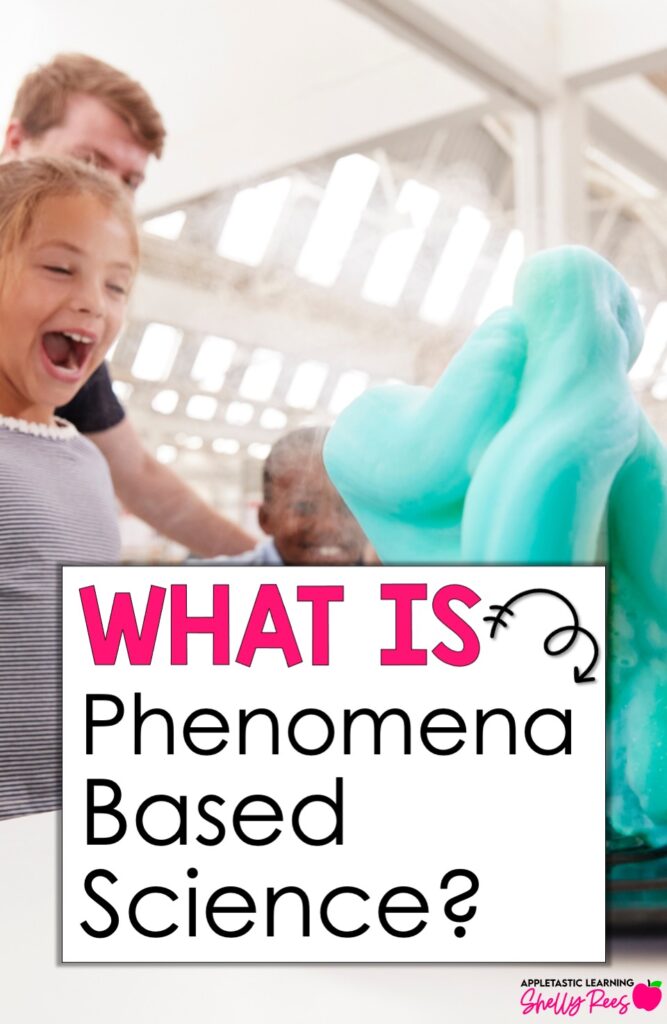


By exploring real-world phenomena, students can develop a sense of curiosity and an appreciation for the environment. With an open mind and creative spirit, teachers can help instill these core principles into their students while having fun in the process!
Phenomenon-based science in the elementary classroom is a great way to introduce kids to science in a meaningful way that encourages them to think critically and explore their natural world. Through hands-on learning activities, children can build an understanding of scientific concepts that will last them a lifetime.
It’s no wonder that phenomenon-based science has become an increasingly popular approach to teaching in elementary classrooms. By engaging students in exploratory activities, teachers can help young minds make connections between scientific concepts and the real world, inspiring a deeper understanding of science. Studying phenomena also encourages students to think outside the box and develop innovative ways of looking at everyday occurrences. Students have the opportunity to dive into any prior knowledge they may have and apply that thinking to the phenomenon being presented. It is through this type of learning that children will gain meaningful knowledge that will follow them into adulthood. Phenomenon-based science in the elementary classroom makes learning come alive and prepares students for a successful future.
Looking for some ready-made phenomena based science units? Here you go!
By encouraging creativity and open discussion, phenomenon based science provides students with a unique opportunity to learn and grow both inside and outside of the classroom. Ultimately, phenomenon-based science offers students a chance to make connections between real world occurrences and scientific concepts, inspiring an appreciation for learning that will remain with them for years to come.
By engaging students in phenomenon based science, teachers can help foster an appreciation for their surroundings while inspiring a deeper understanding of scientific concepts. Through hands-on learning activities, students are encouraged to explore their natural world and make sense of their observations. This type of exploration provides children with an exciting opportunity to use their own thinking and prior knowledge to explain everyday occurrences. With phenomenon based science in the elementary classroom, learning really is full of surprises!
For teachers looking to make learning come alive in the elementary classroom, phenomenon-based science is an excellent way to engage kids and instill core principles that will last a lifetime. So what are you waiting for? Let’s get exploring!


Hi, I’m Shelly! Thank you for being here. I love helping third, fourth, and fifth grade teachers with fun and engaging activities that require no to little prep! Let me help you by taking some of the stress and work off your plate.

©2022 Shelly Rees. All Rights Reserved.